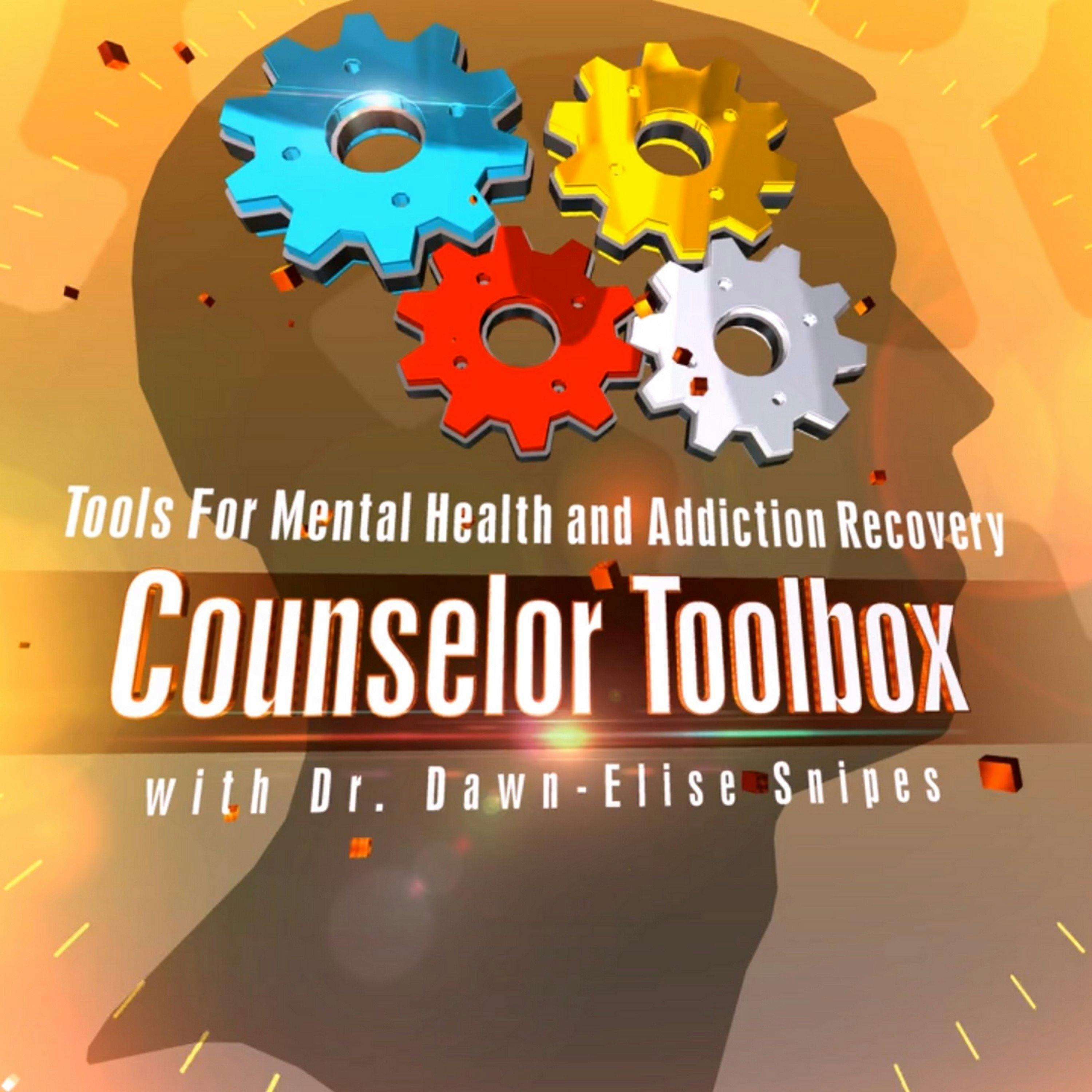Unlocking Recovery: Exploring Models and Theories of Addiction
Description
#### Introduction
- Presenter: Dr. Dawn-Elise Snipes
- Topic: Theories of addiction and co-occurring disorders
- Focus on understanding and addressing co-occurring disorders in addiction treatment
#### Co-Occurring Disorders
- Expectation rather than the exception in addiction treatment
- Importance of addressing co-occurring symptoms to prevent relapse
- Symptoms can include depression, anxiety, PTSD, and personality disorders
#### Theories of Addiction
1. **Moral Theory**
- Addiction seen as a moral weakness
- Treatment focused on willpower and virtuous lifestyle
- Largely outdated
2. **Disease Theory**
- Addiction as a chronic, incurable, and progressive disease
- Genetic and biological factors play a significant role
- Focus on physiological deficits and neurotransmitter imbalances
3. **Social Learning Theory**
- Addiction learned through observation and vicarious reinforcement
- Influence of family, peers, and media on addictive behaviors
4. **Cognitive-Behavioral Theory**
- Irrational thoughts and cognitive distortions lead to addiction
- Addressing negative thinking patterns is crucial for recovery
5. **Self-Medication Hypothesis**
- Addiction as a way to cope with distress and emotional pain
- Individuals use substances or behaviors to manage unbearable feelings
6. **Biopsychosocial Model**
- Comprehensive approach combining biological, psychological, and social factors
- Recognizes the interplay of various elements in the development of addiction
#### Key Symptoms in Early Recovery
- Depression: Hopelessness, low energy, guilt, suicidal ideation
- Anxiety: Increased worry, irritability, restlessness
- PTSD: Emotional dysregulation, hypervigilance, avoidance
- Personality Disorders: Unstable self-image, interpersonal functioning deficits
#### Importance of Comprehensive Treatment
- Addressing all aspects of a person's life for effective recovery
- Combining different treatment models for a holistic approach
### Time Codes for Major Points
00:00 Introduction and overview of addiction and co-occurring disorders
02:30 Co-occurring disorders are the expectation, not the exception
05:15 Symptoms in early recovery: Depression, anxiety, PTSD
10:45 Theories of addiction: Moral theory, disease theory
15:00 Social learning theory and socio-cultural factors
20:30 Cognitive-behavioral theory and cognitive distortions
25:45 Self-medication hypothesis and distress management
30:00 Biopsychosocial model and comprehensive treatment approach
Learn more about your ad choices. Visit megaphone.fm/adchoices
More Episodes
Learn more about your ad choices. Visit megaphone.fm/adchoices
Published 11/21/24
Published 11/21/24
Introduction
Presenter: Dr. Dawn-Elise Snipes discusses helping families navigate life transitions using the Flower Empower Model.
The focus is on understanding how various transitions impact both individuals and families, emphasizing the importance of supportive partnerships between...
Published 11/19/24


